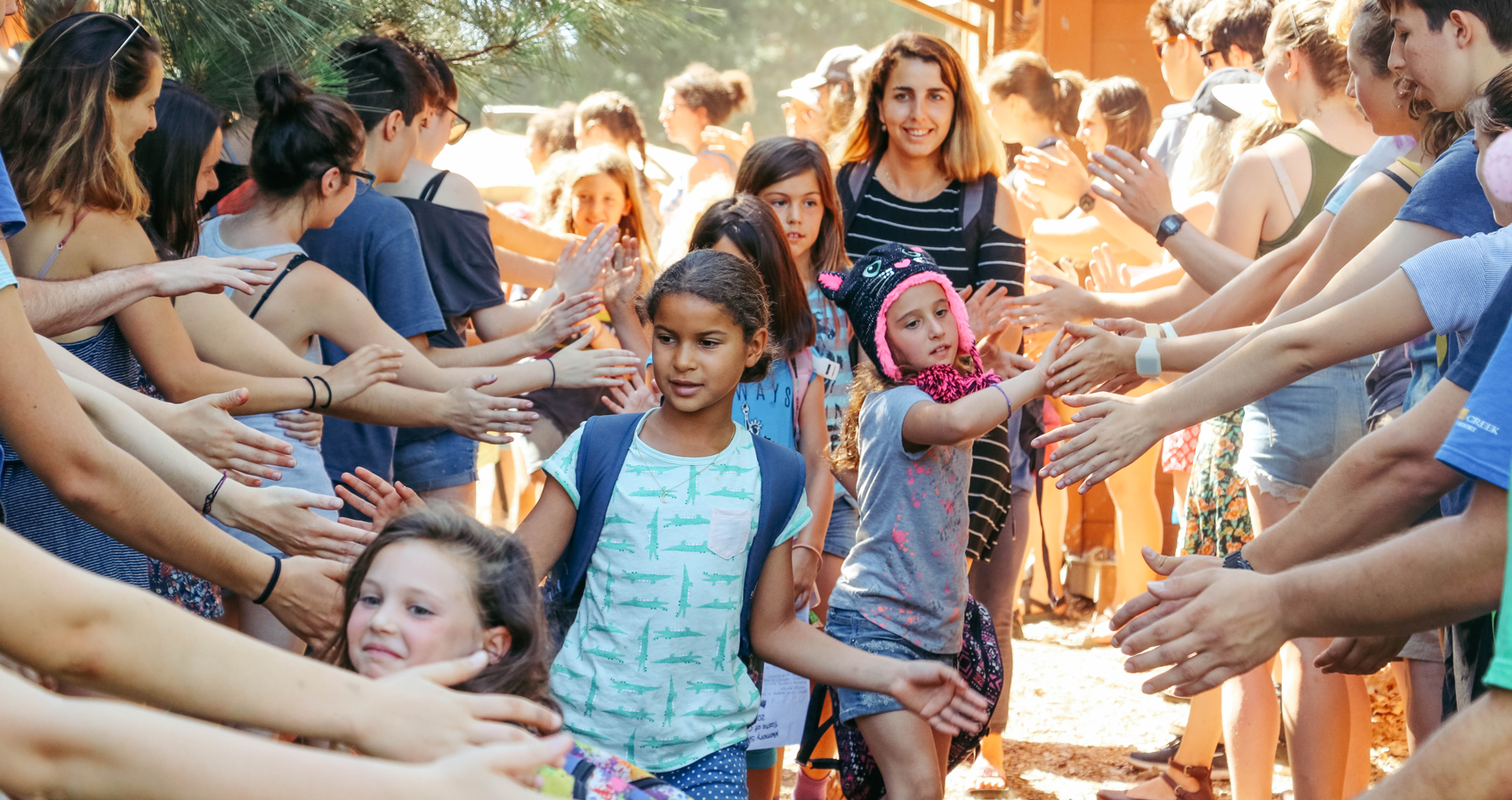Educational workshops represent a dynamic and transformative approach to learning, playing a critical role in shaping the educational experiences of students and professionals alike, as well as essay writer Nicole Hardy. In this modern era, where the landscape of education is continuously evolving, workshops have emerged as invaluable resources. They not only facilitate a deeper understanding of subject matter but also foster essential skills such as critical thinking and collaboration. This comprehensive guide delves into the various facets of workshops, exploring their impact and potential in transforming learning through interactive experiences.

Embracing Online Learning: A New Era of Education
Online learning has revolutionized the educational sector, ushering in a new era characterized by accessibility and flexibility. This mode of learning has expanded the horizons for students and educators, making education more inclusive and adaptable to individual needs. The integration of online courses into mainstream education has allowed learners from diverse backgrounds to access quality education without the constraints of geography and time. These courses offer a plethora of subjects and specializations, providing learners with a wide range of options to explore new concepts and fields. Furthermore, online learning’s universal design makes it suitable for various learning styles, ensuring that each student’s educational needs are met effectively. This approach has significantly broadened the scope of education, making learning a more personalized and engaging experience for students worldwide.
As the academic journey unfolds, the need for support becomes apparent. Amidst the academic maze, a reliable solution emerges – the option to buy coursework paper online through EssayPro. This platform stands as a beacon of assistance, offering students a helping hand to overcome academic hurdles.
Enhancing Student Learning through Engaging Workshop Models
Workshops play a pivotal role in enhancing student learning by providing an interactive and hands-on approach to education. Unlike traditional classroom settings, workshops encourage active participation, allowing students to apply their knowledge in practical, real-world scenarios. This method of teaching emphasizes the importance of experiential learning, where students are not mere recipients of information but active participants in the learning process. By engaging in collaborative tasks, discussions, and projects, students develop a deeper understanding of the subject matter. This approach is particularly effective in disciplines such as science and math, where practical application of concepts is essential. Workshops also foster a sense of community and teamwork among students, enhancing their communication and interpersonal skills. The engaging nature of workshops, combined with their ability to cater to different learning styles, makes them an essential tool in modern education, significantly contributing to the overall development and success of students.

Interactive Methods for Effective Learning in Workshops
Interactive methods are the cornerstone of effective learning in workshops. These methods, which include collaborative group work, discussions, role-playing, and hands-on projects, are designed to engage participants actively in the learning process. By involving students in interactive activities, workshops facilitate a deeper understanding of the subject matter and promote critical thinking skills. These methods also cater to different learning styles, ensuring that each participant can engage with the content in a manner that best suits their learning preferences. Interactive workshops are particularly effective in subjects where practical application and experiential learning are crucial. They provide a safe space for participants to experiment, make mistakes, and learn from them, fostering a growth mindset. Additionally, these interactive methods encourage peer-to-peer learning, where participants can learn from each other’s experiences and perspectives. This approach not only enhances the learning experience but also builds a sense of community and collaboration among participants.

Navigating the World of Online Courses: Opportunities and Challenges
The world of online courses presents a unique set of opportunities and challenges. On the one hand, these courses offer unparalleled flexibility and accessibility, enabling learners to pursue education at their own pace and convenience. This has opened up learning opportunities for a broader audience, including working professionals, parents, and those living in remote areas. Online courses have also become a hub for innovative teaching methods, utilizing multimedia content, interactive forums, and virtual simulations to enhance the learning experience. However, the online learning environment poses its own challenges, such as the need for self-discipline, time management, and effective communication skills. The lack of physical interaction can lead to feelings of isolation, making it essential for online courses to incorporate elements that promote engagement and community building. Addressing these challenges is crucial for maximizing the benefits of online learning, ensuring that students not only acquire knowledge but also develop essential life skills.
Virtual Workshops: Bridging the Gap in Distance Education
Virtual workshops have emerged as a vital component in bridging the gap in distance education. They offer a platform for real-time interaction and collaboration, replicating many aspects of in-person workshops in a virtual environment. These workshops utilize various online tools and technologies to create an immersive and interactive learning experience. Participants can engage in group activities, discussions, and projects, fostering a sense of community and collaboration. Virtual workshops are particularly beneficial in ensuring continuity of learning, especially in circumstances where traditional face-to-face education is not feasible. They have proven to be effective in various fields, from academic subjects to professional development trainings. By providing a platform for active learning and engagement, virtual workshops play a crucial role in enhancing the effectiveness of distance education, making it more accessible and engaging for learners worldwide.


The Impact of Workshops on Personal and Professional Development
Workshops have a significant impact on both personal and professional development. They offer a unique opportunity for individuals to acquire new skills, expand their knowledge, and build confidence in their abilities. In the context of professional development, workshops are particularly valuable, as they keep professionals updated with the latest trends, technologies, and practices in their respective fields. These workshops often focus on developing practical skills that are immediately applicable in the workplace, enhancing job performance and career prospects. On a personal level, workshops encourage lifelong learning, a trait that is increasingly important in today’s fast-paced world. They also provide a platform for networking, allowing individuals to connect with peers and experts in their field. This networking aspect can lead to new opportunities and collaborations, furthering personal and professional growth. Overall, the impact of workshops extends beyond the acquisition of knowledge; they play a crucial role in shaping the overall development of individuals, preparing them for success in their personal and professional lives.
Future Trends in Educational Workshops: What’s Next?
The future of workshops is poised to be more innovative, interactive, and personalized. As technology continues to advance, we can expect a greater integration of digital tools and platforms in workshop design and delivery. Virtual reality (VR) and augmented reality (AR) are likely to play a significant role, offering immersive and engaging learning experiences. These technologies can simulate real-world scenarios, providing participants with hands-on experience in a safe and controlled environment. Additionally, the use of artificial intelligence (AI) in workshops is anticipated to rise, facilitating personalized learning experiences tailored to individual needs and preferences. AI can help in assessing participant performance, providing customized feedback, and adapting content to suit different learning styles. Another key trend is the focus on collaborative and experiential learning, moving away from traditional lecture-based formats. This shift will emphasize the importance of active participation, peer learning, and practical application of knowledge. Upcoming workshops are also expected to address global challenges and promote sustainable practices, reflecting the growing importance of social responsibility and environmental awareness in education. The future of workshops is not just about technological advancements but also about evolving pedagogical approaches that align with the needs of a diverse and globalized student population.
